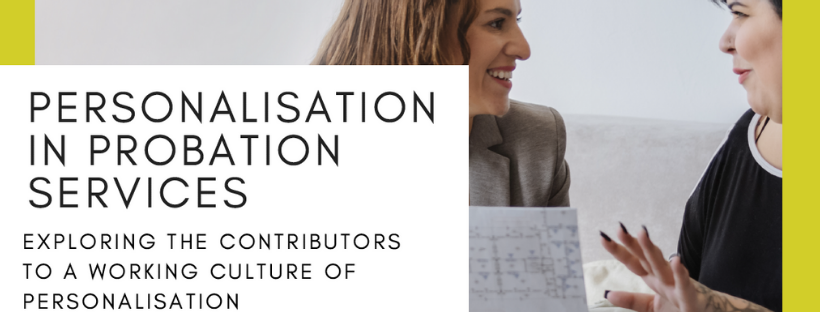PERSONALISATION IN PROBATION TOOLKIT – DOWNLOAD IT NOW!

Interserve is committed to developing and evaluating more personalised ways of working with service users in order to: promote positive life choices; tackle root causes of lifestyle problems; and to build personal capacity and resilience. As part of the Cosie Project – a pan-European scheme looking at the co-creation of public services – Interserve has piloted new ways of co-designing more personalised probation services. Within the pilot process, one of the co-creation tools adopted has been Community Reporting which has been used to gather insight stories from staff and service user on their perspectives of probation services.
Key learning has emerged from these stories. For example, the experiences of service users highlighted many of the things that they valued about the service such as the opportunity to engage in peer mentoring, as well as shedding light onto areas that could be improved such as support provision for low risk offenders. The staff stories focused on people’s motivations for working within the sector with many explaining how the desire to help others was a key factor for them entering this career. However, the stories also brought up issues such as changes within the service that were preventing them from doing the job to the standard they would like.
This toolkit looks at these stories and the insights within them through the lens of personalisation, exploring what can be deciphered from the stories about how probation services can better meet the needs of the individuals involved. The overarching message from this is that personalisation is not something that can be delivered by staff to service users in a linear fashion. Rather what must be established is a working culture of personalisation – for both staff and users – that permeates all aspects of service delivery. Through examining what the contributing factors of this culture could be and by asking probing questions to its reader, this publication seeks to support professionals working in probation to understand how they can enhance personalisation their roles.